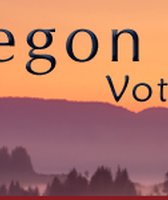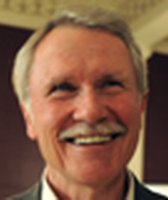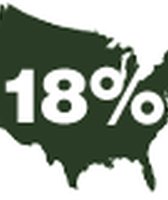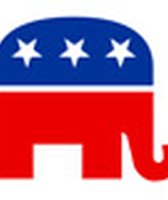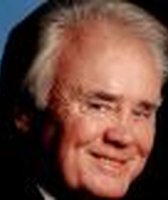Stand up for the facts!
Our only agenda is to publish the truth so you can be an informed participant in democracy.
We need your help.
I would like to contribute
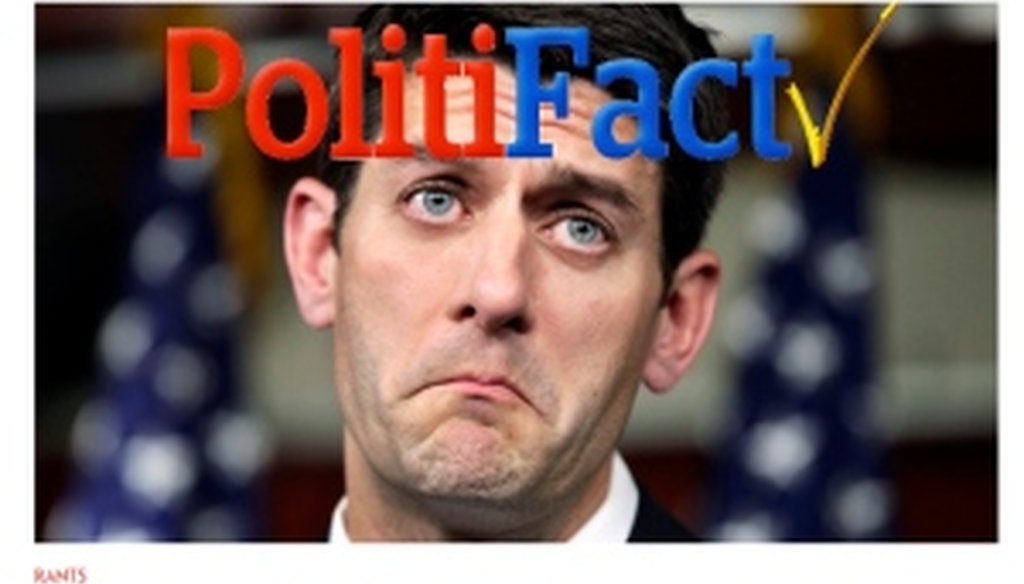
"PolitiFact is dangerous," said this post in Gawker.
At a Republican campaign rally a few years ago, I asked one of the attendees how he got his news.
"I listen to Rush and read NewsMax," he said. "And to make sure I'm getting a balanced view, I watch Fox."
My liberal friends get their information from distinctly different sources — Huffington Post, Daily Kos and Rachel Maddow. To make sure they get a balanced view, they click Facebook links — from their liberal friends.
This is life in our echo chamber nation. We protect ourselves from opinions we don't like and seek reinforcement from like-minded allies.
The paradox of the Internet age is that never before have we had access to more ideas and different thoughts. And yet, many of us retreat into comfy parlors where everyone agrees and the other side is always wrong. Each side can manufacture its truths and get the chorus to sing along.
PolitiFact had its latest brush with the Echo Chamber Nation this week. We gave our Lie of the Year to the Democrats' claim that the Republicans "voted to end Medicare." That set off a firestorm in the liberal blogosphere, with many saying that claim was not actually wrong. We've received about 1,500 e-mails about our choice and only a few agreed with us.
Some of the response has been substantive and thoughtful. The critics said we ignored the long-term effects of Rep. Paul Ryan's plan and that we were wrong to consider his privatized approach to be Medicare. In their view, that is an end to Medicare.
We've read the critiques and see nothing that changes our findings. We stand by our story and our conclusion that the claim was the most significant falsehood of 2011. We made no judgments on the merits of the Ryan plan; we just said that the characterization by the Democrats was false.
Our competitors FactCheck.org and the Washington Post's FactChecker had also said the Medicare claim was false — and this week both picked it for their biggest-falsehoods-of-the-year lists.
Some of our critics wrongly attributed our choice to our readers' poll and said we were swayed by a lobbying campaign by Ryan. But our editors made the choice and the poll was not a factor.
Others portrayed it as a case of false balance where we put our thumb on the scale for a Democratic falsehood. This, too, is a sad byproduct of our polarized discourse, from people who are sure their side is always right.
A lot of the criticism of the Lie of the Year was overheated and ridiculous. Some critics took the approach that because they disagreed with this call, PolitiFact — or all fact-checking — was a worthless enterprise.
"PolitiFact, R.I.P.," was the headline from New York Times columnist Paul Krugman. "They’ve bent over backwards to appear 'balanced' — and in the process made themselves useless and irrelevant," he said.
Ezra Klein of the Washington Post wrote that this episode was proof that the nation is so divided that "the 'fact checker' model is probably unsustainable."
The most over-the-top response (was it tongue-in-cheek?) was a rant from Jim Newell in Gawker under the headline "Why PolitiFact is bad for you." He conveniently ignored the fact that our fact-checks are based on hours of journalistic research and portrayed them as the work of rogue bloggers with a gimmicky meter.
"PolitiFact is dangerous," he said.
Really? It's dangerous to put independently researched information in the hands of the citizenry?
We got other silly comments from readers who declared we were "a tool" of the Republicans, Fox News and the Koch brothers. Their reaction is typical these days. To paraphrase George W. Bush, you're either with us, or against us.
In reality, fact-checking is growing and thriving because people who live outside the partisan bubbles want help sorting out the truth. PolitiFact now has nine state sites run by news organizations around the country that employ more than 30 full-time journalists for fact-checking. We've inspired many copycat sites around the nation and roughly a dozen in other countries.
And yet, for many of our readers, the love for PolitiFact has always been conditional. They love us when we confirm their views that the other side is wrong — and they hate us when we don't.
Yes, PolitiFact is dangerous. We have disrupted the status quo because we're doing what journalists should have been doing for a long time — holding politicians and pundits accountable for their words.
Our Sources
PolitiFact, Lie of the Year 2011: Republicans voted to end Medicare, Dec. 20, 2011






